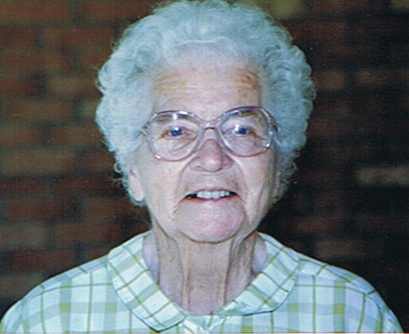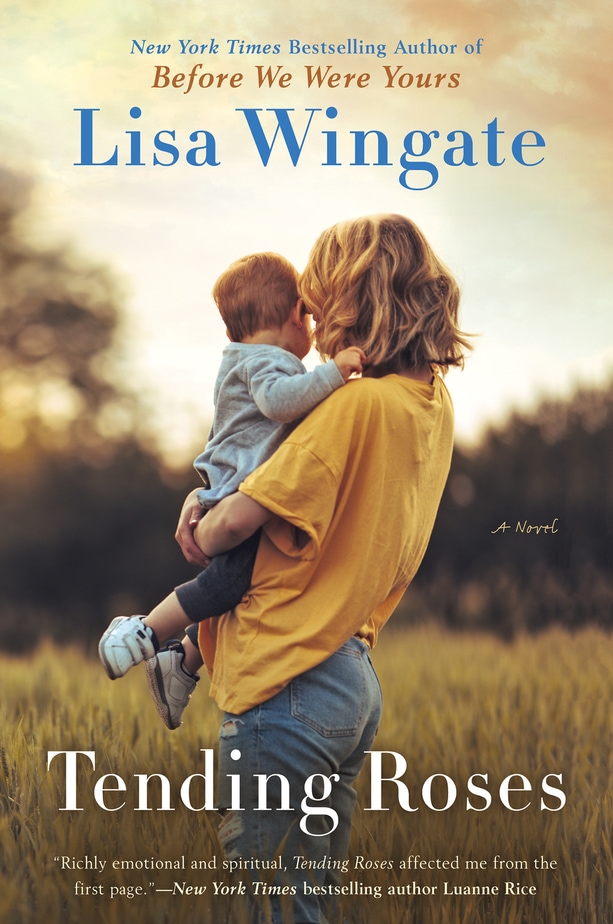In every story I write, there are bits of real life, nibblets of sheer invention and sprinkles of serendipity. Readers often ask me which parts are which. Sometimes, it’s hard to dissect. Our way of looking at the world comes from our experiences in it. Our passions, the things we care about enough to examine, do as well.
I’ve talked about caretaking and the Alzheimer’s journey quite a bit in my books. It’s an issue I know intimately. My first novel, Tending Roses, was in part walking that path with my grandmother. She was a storyteller, a keeper of stories. She could wear you out with her stories, but they always came with a lesson at the end. And then, the stories, one-by- one, piece-by-piece, faded away. The newest ones vanished first. It’s a bittersweet journey, the road of memory loss. My straight-laced, sometimes overbearing grandmother lost some of her inhibitions as she lost those stories. There were funny times, tender times, funny things she said that made us laugh until we cried.
one, piece-by-piece, faded away. The newest ones vanished first. It’s a bittersweet journey, the road of memory loss. My straight-laced, sometimes overbearing grandmother lost some of her inhibitions as she lost those stories. There were funny times, tender times, funny things she said that made us laugh until we cried.
There were times we just cried. When laughter seemed an impossible luxury.
It’s difficult, being with a loved one who is physically able but fading mentally. It’s often a lonely occupation, a painful one. Even friends and family members who would like to help frequently don’t know how to contribute. My hope is that my stories build bridges and create dialogue between primary caretakers and surrounding friends and family members. Just a few hours out of the house, while a friend or family member takes over the duties, can be an incredible gift.
There’s something to learn from the journey of memory loss, I think. Just like my grandmother’s stories, all journeys come with lessons. Preserve the family stories while you can—that’s the first lesson. Listen. Hear. Record. Write down. Be patient. These are treasures. They’re worth your effort. Later, you’ll be glad you took the time. I could fill a dozen shoeboxes if I had a nickel for every time a reader has said to me, I wish we’d gotten the stories down when we had the chance. Now it’s too late.
Those are the saddest words. I hate those words.
Another lesson from the Alzheimer’s journey — it’s hard. Most of us go through life watching heroic acts on the news and wondering if we’d have what it takes to do the right thing, to do the hard thing. To be heroic ourselves. It’s important to remember that true heroism doesn’t manifest itself only in those who run into burning buildings or cross battlefields to save the wounded. Heroism exists in quieter forms, in entirely unremarkable places, in everyday efforts and little battles. It’s found in those who sacrifice day after day, who love someone who can’t always demonstrate love in return. Someone who can be frustrating, frustrated, sad, confused, unfamiliar, repetitive. Who can’t say, I love you. Thank you for doing this for me.
Don’t leave me.
I need you.
Caretakers are heroes. Straight up. They stand in the gap between this disease and its victims.
I look forward to the day when they’ll no longer be needed.
Copyright 2018 Wingate Media, LLC
About the Author
 Lisa Wingate is a former journalist, inspirational speaker, and New York Times Bestselling Author of thirty novels. Her work has won or been nominated for many awards, including the Pat Conroy Southern Book Prize, the Oklahoma Book Award, The Carol Award, and the Christy Award. Her blockbuster hit, Before We Were Yours remained on the New York Times Bestseller List for over ten months, was Publishers Weekly’s #3 longest running bestseller of 2017, and was voted by readers as the 2017 Goodreads Choice Award winner for historical fiction. Before We Were Yours has been a book club favorite worldwide and to date has sold over one million copies.
Lisa Wingate is a former journalist, inspirational speaker, and New York Times Bestselling Author of thirty novels. Her work has won or been nominated for many awards, including the Pat Conroy Southern Book Prize, the Oklahoma Book Award, The Carol Award, and the Christy Award. Her blockbuster hit, Before We Were Yours remained on the New York Times Bestseller List for over ten months, was Publishers Weekly’s #3 longest running bestseller of 2017, and was voted by readers as the 2017 Goodreads Choice Award winner for historical fiction. Before We Were Yours has been a book club favorite worldwide and to date has sold over one million copies.
Lisa’s website: www.Lisawingate.com
Twitter: http://twitter.com/#!/lisawingate
Facebook: https://www.facebook.com/LisaWingateAuthorPage?ref=br_tf
Pinterest: https://pinterest.com/lisawingatebook/
Lisa’s blog: http://theuntoldstory.guru
SaveSave
SaveSave
SaveSave
SaveSave
SaveSave
SaveSave
SaveSave
SaveSave
SaveSave
SaveSave




7 Responses
Ah, “Tending Roses”, the book that started you down this amazing path. What wonderful reads they have all been and now number 30 is a blockbuster best seller. What an amazing talent you have. Our lives have been made more joyful for having become your friend after meeting on my home town. Thank you.
Mary, the best thing about creating fictional people and sending them out into the world is that they come home eventually, bringing real people with them. I treasure your friendship and the bookish adventures we’ve shared!
Onward to the next one. 😉
Lisa
Hello Betsy! I’m so glad this story has been and inspiration and an encouragement to you in your own journey. That, more than anything else, would have made my grandmother smile.
Lisa, I lived in the Gap for years with my mother who suffered from memory loss. This was a very tough time for me because we were so close and seeing the extreme change in her from being my caregiver to needing me as her caretaker was heart wrenching. Joanne
There is no easy way to walk that road, but bless you for walking it with your mom. No one should have to make the journey alone.
I recently read this book, and you did a good job of showing how tough this journey is for a family. Doing what is right is not always obvious, and hardly ever easy. Wonderful book.
Thank you, Jenny! My hope when i wrote this book was that it would bring caretakers some encouragement and a sense that, while each journey is unique, they’re not alone. I’m so glad to see this old book getting a new cover and a new lease on life. I think it still has a story to tell.